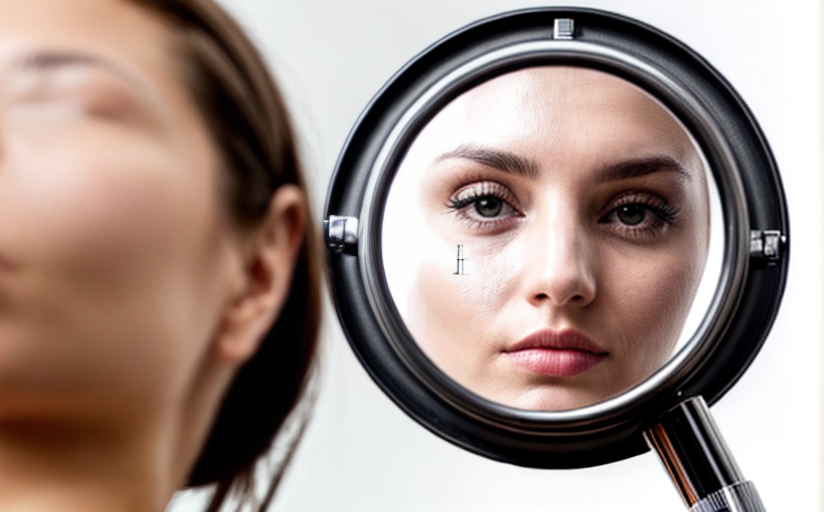Effects and Moral Implications of Cosmetic Surgery
As the prevalence and popularity of cosmetic surgery continue to grow, numerous effects and moral implications are unraveling on societal norms and individual identities. These consequences extend beyond physical transformation and also permeate psychological aspects, shaping and reshaping perceptions around self-image, self-esteem, and the elusive concept of perfection.
The Obsession with Perfection
The growing obsession with perfection, accelerated by social media and fueled by celebrity culture, has significantly contributed to the surge in cosmetic procedures. This fixation on aesthetics may generate a unidimensional view of beauty, transforming the diversity of human appearances into a homogenized ideal of attractiveness.
Body Image and Self-Esteem
The impact of cosmetic surgery on body image and self-esteem cannot be overstated. While improving physical imperfections can potentially enhance self-esteem and overall mental health, it can also create a slippery slope where constant dissatisfaction leads to multiple surgeries, often compromising physical health in pursuit of ephemeral beauty standards.
Positive Impact and Health Risks
Cosmetic surgery can dramatically improve quality of life when aptly used. People with congenital deformities, accident survivors, or those facing severe aesthetic issues resulting from diseases can reconstruct their lives through these procedures. However, its misuse can lead to severe health risks, including infection, scarring, implant-related complications, and psychological disorders, among others. Additionally, the mortal fear of aging and the constant desire to look youthful may feed unrealistic beauty standards.
Ethical Considerations from a Medical Professional’s Perspective
Cosmetic surgery also brings various ethical considerations into focus. Medical professionals bear the weight of responsibility in determining the true necessity for such cosmetic procedures while keeping in mind their professional obligation to ‘do no harm’. There is an inherent risk of exploitation with the potential of capitalizing on vulnerable individuals seeking change due to low self-esteem or body dysmorphia. Surgeons also have the moral duty to discourage unnecessary surgeries and enlighten patients about potential risks and realistic outcomes.
Individual Freedom vs. Societal Impact
At the crux of these discussions lies the struggle between an individual's right to modify their body as they choose and the potential societal harm. While people have the right to self-determination, which includes the desire to improve their bodies, society must also consider the long-term implications of promoting potentially unhealthy beauty standards and its influence on young impressionable minds.
Conclusion
The balance between aesthetic desire and its associated risks forms the grand narrative of this discussion. As science progresses, it is essential to foster an informed dialogue about the moral implications accompanying such powerful modifications to the human form.


















Comments
Leave a Comment